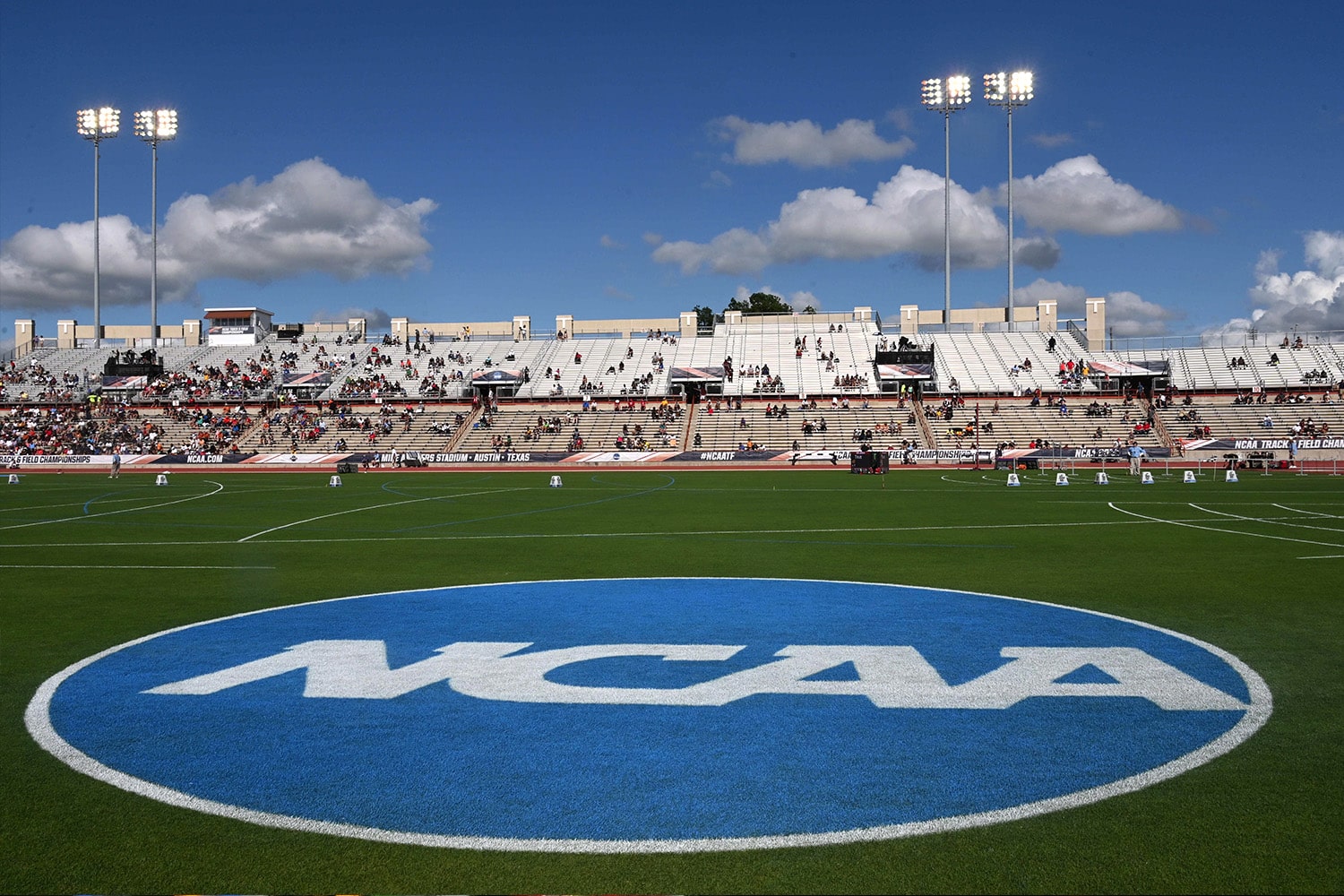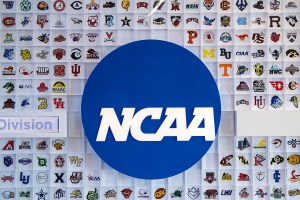On Wednesday, the U.S. Third Circuit Court of Appeals will consider a challenge to the core of the NCAA’s entire business model.
Oral arguments will be heard in a federal class action case called Johnson v. NCAA, in which a group of athletes is suing several schools and the NCAA alleging they should be considered university employees under the Fair Labor Standards Act, and therefore are entitled to minimum wage and other U.S. labor protections.
This hearing is a pivotal moment in the case, which could ultimately lead to the NCAA’s demise.
Lawyers for the NCAA and schools have attempted to get the case dismissed on the grounds that athletes should be classified as amateurs, and not employees. Wednesday’s arguments will address this question specifically — a rare type of appeal called an “interlocutory appeal,” which reviews a decision made by a lower court judge in the middle of a case, rather than the final verdict.
The appeals court will likely not issue a verdict for at least a few months, Boise State sports law professor Sam Ehrlich told Front Office Sports.
A win for the athletes would mean that the case would go back down to the district court to proceed to the discovery phase.
“This obviously would be the worst-case scenario for the NCAA,” Ehrlich said. It legitimizes the possibility of athletes being employees under federal law, and it opens up the governing body to have to make private documents public during discovery.
But athletes wouldn’t become employees right away. The case would have to reach a final verdict.
Another scenario: The appeals court could issue a narrow agreement, Ehrlich noted, stating that only some of the athletes in the plaintiff class qualify — for example, drawing a line between revenue and non-revenue sports.
A win for the NCAA, however, would lead to the case being dismissed.
Legal experts have told FOS that overturning an interlocutory appeal is no easy feat — sort of like overturning a call on the NFL field. The status quo usually stands.
A component of the Supreme Court’s ruling in NCAA v. Alston invited further legal challenges to the NCAA’s business model on the grounds that they violate the Sherman Antitrust Act.
“The NCAA’s business model would be flatly illegal in almost any other industry in America,” Justice Brett Kavanaugh wrote in his concurring opinion.
But in the past, other federal courts, like the Ninth Circuit in California, have agreed that college athletes aren’t employees.
Either way, expect the NCAA to not rest until it gets a favorable verdict — including appealing the case all the way up to the Supreme Court.
The NCAA did not respond to a request for comment. A lawyer for the plaintiffs did not have a comment to provide in advance of the arguments.






![[Subscription Customers Only] Jun 15, 2025; Seattle, Washington, USA; Botafogo owner John Textor inside the stadium before the match during a group stage match of the 2025 FIFA Club World Cup at Lumen Field.](https://frontofficesports.com/wp-content/uploads/2026/02/USATSI_26465842_168416386_lowres-scaled.jpg?quality=100&w=1024)
![[Subscription Customers Only] Jul 13, 2025; East Rutherford, New Jersey, USA; Chelsea FC midfielder Cole Palmer (10) celebrates winning the final of the 2025 FIFA Club World Cup at MetLife Stadium](https://frontofficesports.com/wp-content/uploads/2026/02/USATSI_26636703-scaled-e1770932227605.jpg?quality=100&w=1024)










